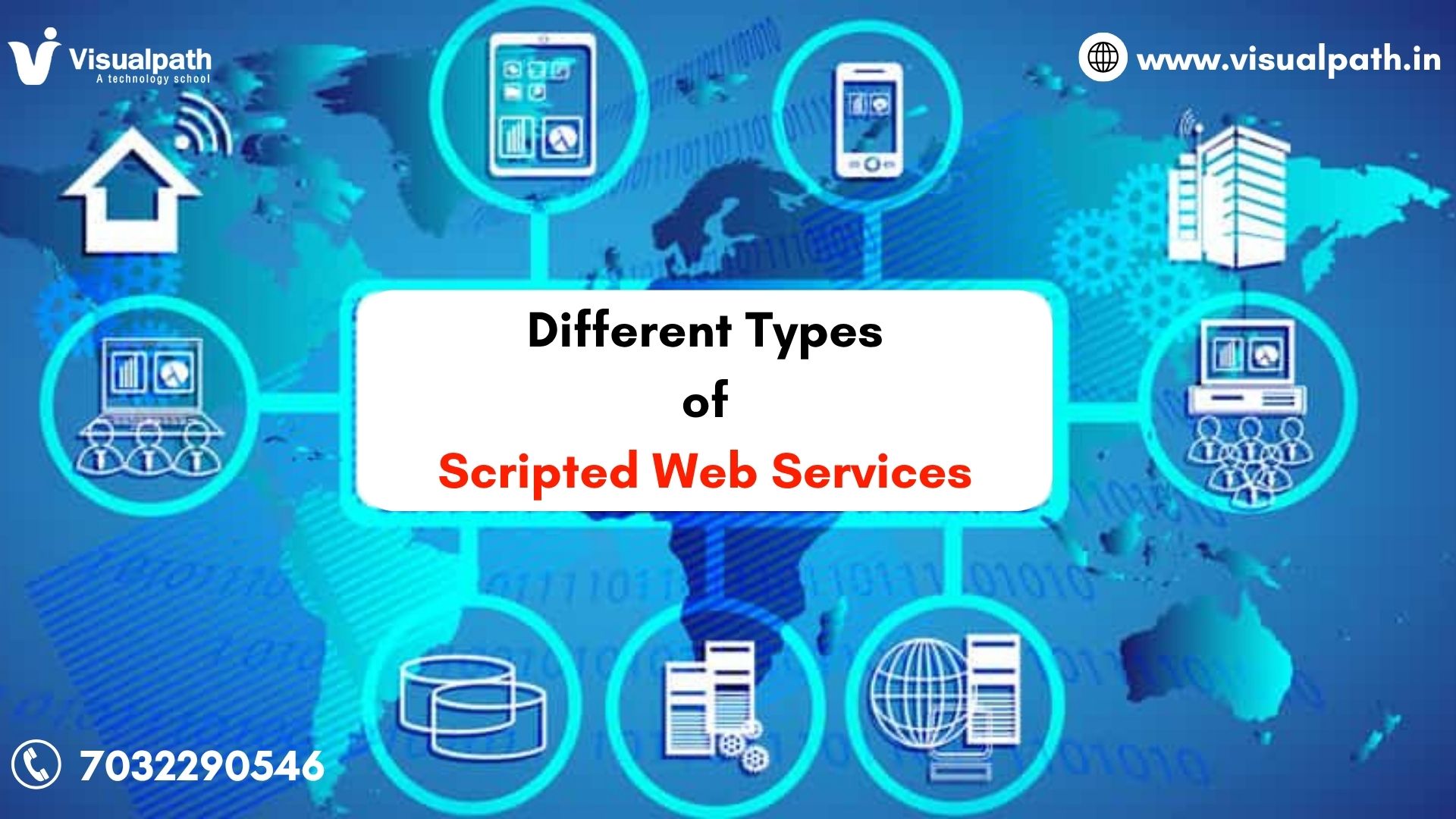Web services are the foundation of interconnected applications and cloud-based architectures. They allow different systems to communicate over the web regardless of platform, language, or device. Scripted web services play a key role in this ecosystem by enabling the creation and customization of these services using scripting languages like JavaScript, Python, or proprietary scripting tools offered by platforms such as ServiceNow, Salesforce, and others. ServiceNow Online Course
What Are Scripted Web Services?
Unlike basic point-and-click or configuration-based APIs, scripted involve writing logic to control data access, transformation, and flow. These services usually respond to HTTP(S) requests and return data in structured formats like JSON or XML.
Organizations prefer scripted web services when they need advanced control over request processing, dynamic data manipulation, or integration with multiple systems.
Major Types of Scripted Web Services
There are several categories of scripted, each serving different integration needs:
1. Scripted REST APIs
Scripted REST APIs are the most common type of web services today. REST (Representational State Transfer) is a lightweight, stateless architecture that uses standard HTTP methods such as GET, POST, PUT, and DELETE.
Use Case: Ideal for mobile apps, web portals, and third-party integrations that require real-time data access.
Key Characteristics:
- Built using scripting to define endpoints and business logic.
- Return data in JSON or XML, making it easy for frontend systems to process.
Example Platforms: ServiceNow Scripted REST APIs, Salesforce Apex REST, Node.js with Express. ServiceNow Training
2. Scripted SOAP Services
SOAP (Simple Object Access Protocol) is a protocol-based web service format that’s widely used in enterprise systems. Scripted SOAP services allow developers to define WSDL (Web Services Description Language) and write scripts that handle incoming SOAP requests.
Key Characteristics:
- Operates over HTTP but uses XML for messaging.
- Supports complex operations with formal structure and data contracts.
- Secure and reliable; often used in scenarios that require strong compliance.
Example Platforms: ServiceNow Scripted SOAP, Microsoft .NET, Java-based enterprise applications.
3. Inbound Scripted Web Services
Inbound scripted web services are designed to receive data from external systems. Developers write custom logic to process and respond to incoming requests. These services are highly flexible and are commonly used to integrate external tools with internal applications.
Use Case: Integration with external CRMs, ERPs, or third-party software that needs to push data into the system.
Key Characteristics:
- Accepts incoming requests via HTTP(S).
- Can authenticate users or systems using tokens, keys, or OAuth.
- Scripted logic handles data validation, transformation, and storage.
4. Outbound Scripted Web Services
Outbound scripted services, in contrast, are used to send data from your system to another. These are not publicly exposed endpoints but instead involve scripts making HTTP calls to external APIs. ServiceNow Online Training
Use Case: Automatically updating external systems like payment gateways, ticketing platforms, or data analytics tools.
Key Characteristics:
- Initiated internally by scripts or workflows.
- Often includes retry logic, error handling, and data mapping.
- Used for real-time or scheduled data synchronization.
5. Hybrid Scripted Services
Some modern systems implement hybrid scripted web services, which combine both REST and SOAP or allow both inbound and outbound operations from the same service script. These are more complex but provide greater flexibility.
Key Characteristics:
- Flexible service architecture.
- Consolidates logic for multiple data flows.
- Often used in digital transformation projects.
Why Use Scripted Web Services?
While configuration-based services are easier to set up, scripted ones offer much more power in handling complex business requirements, custom validation, and real-time integrations.
They are especially valuable in environments where: ServiceNow Course Online
- Data formats or structures need transformation.
- Error handling and logging are essential.
- Multiple systems need orchestration.
Final Thoughts
Scripted web services are a powerful tool for modern developers and system architects. Whether you’re building a simple REST API for a mobile app or managing a secure SOAP interface for an enterprise integration, understanding the different types of scripted web services helps you design robust, scalable, and efficient digital solutions.
Trending Courses: Docker and Kubernetes, SAP Ariba, Site Reliability Engineering




